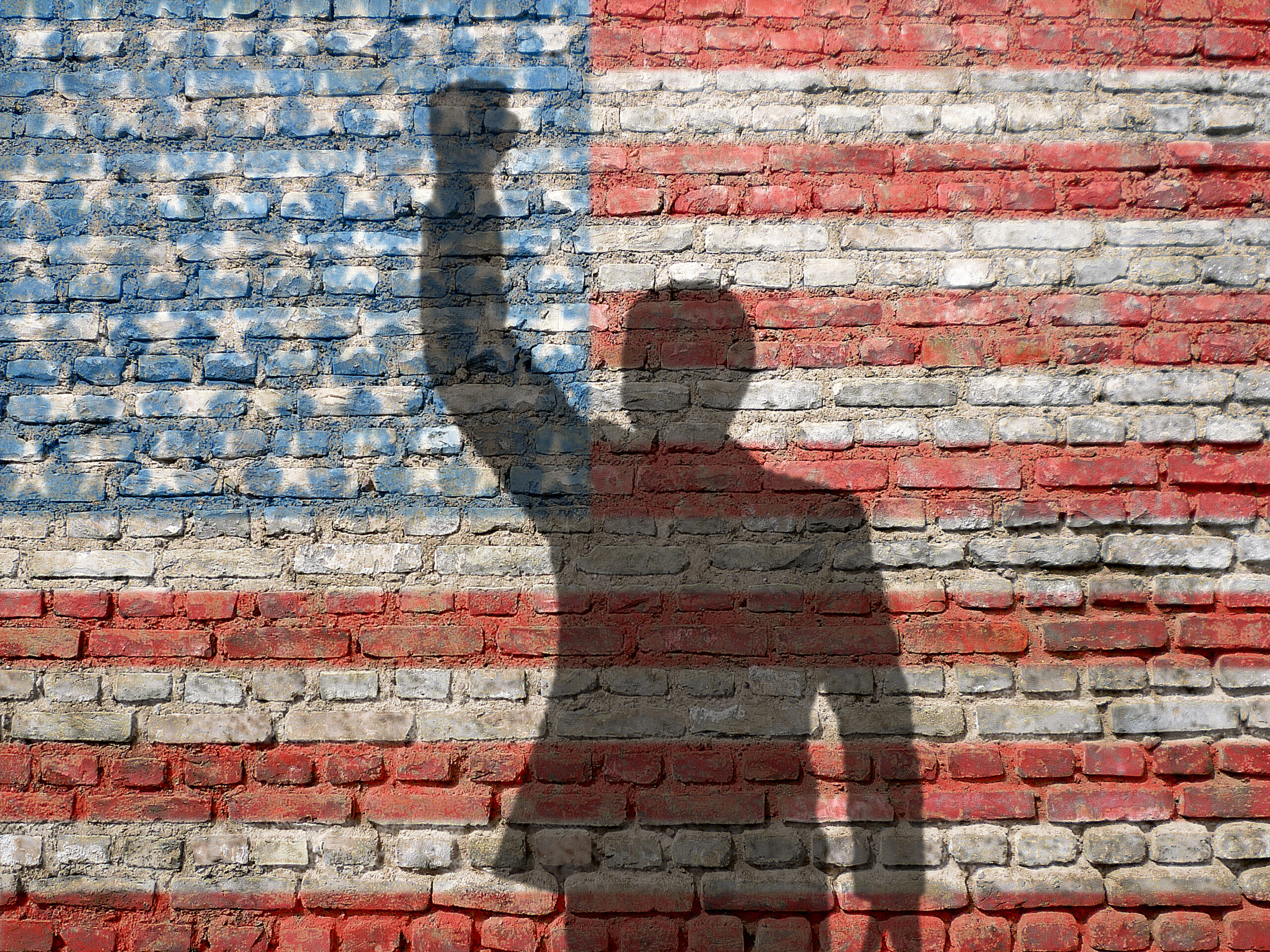
A Letter from Goodie Nation Founder/CEO on the Fearless Fund Lawsuit
The United States of America aspires to be the greatest country in the world for freedom, opportunity and economic mobility – an economically just country. For us entrepreneurs, the possibility of seeing our dreams turn into reality is enough for us to make significant personal and professional sacrifices, as we know those sacrifices mean we’ll be able to provide for our family as well as future generations – many of whom will themselves become entrepreneurs. And when this is done on a greater scale through the work of hundreds of local entrepreneurs, it brings stability to the cities in which we operate by generating jobs and tax revenue, and by attracting like-minded companies and people to relocate. Thousands of entrepreneurs across the nation turning our dreams into reality inevitably drives progress and perpetuates the idea of the US as the global leader in the innovation economy.
The recent lawsuit against the Fearless Fund alleges their Fearless Strives Grant Contest for Black female entrepreneurs violates Section 1981 of the Civil Rights Act of 1866. Considered the first US federal law to define citizenship and declare that all citizens are equally protected by the law, the Civil Rights Act of 1866 was mainly intended, in the wake of the American Civil War, to protect the civil rights of persons of African descent born in or brought to the United States. Section 1981 protects individuals from discriminatory treatment by granting all persons the right to make and enforce contracts regardless of race. The lawsuit alleges, per the official rules of the contest, entry into the contest constitutes a contract, and non-Black female entrepreneurs are not allowed to participate.
I view this lawsuit, and similar lawsuits, in two ways. First, it reflects an effort to whitewash the decades of state-sponsored racial discrimination that created the opportunity gaps Black communities are still working to overcome. Second, it is an attempt to undo the progress many hard-working Americans have made over the last decade – particularly in the last 3 years. This makes me feel as if we’re going back to the post-Reconstruction Era that led to Jim Crow laws and the rise of the Ku Klux Klan – a time when Black economic engines and centers of influence such as Black Wall Street in Tulsa were intentionally destroyed. As a Black entrepreneur and leader of Goodie Nation, I fear these lawsuits are moving the United States of America in the wrong direction, back to a time when the country’s leaders and laws did not care about Black Americans and people of other races/ethnicities – an era when it was not a just society.
I’d like to see those of us who believe in a just society take a stand against those who threaten the US innovation economy – the fabric of this country – and the right of those who have historically been marginalized to participate in it. Because economic justice is social justice.

